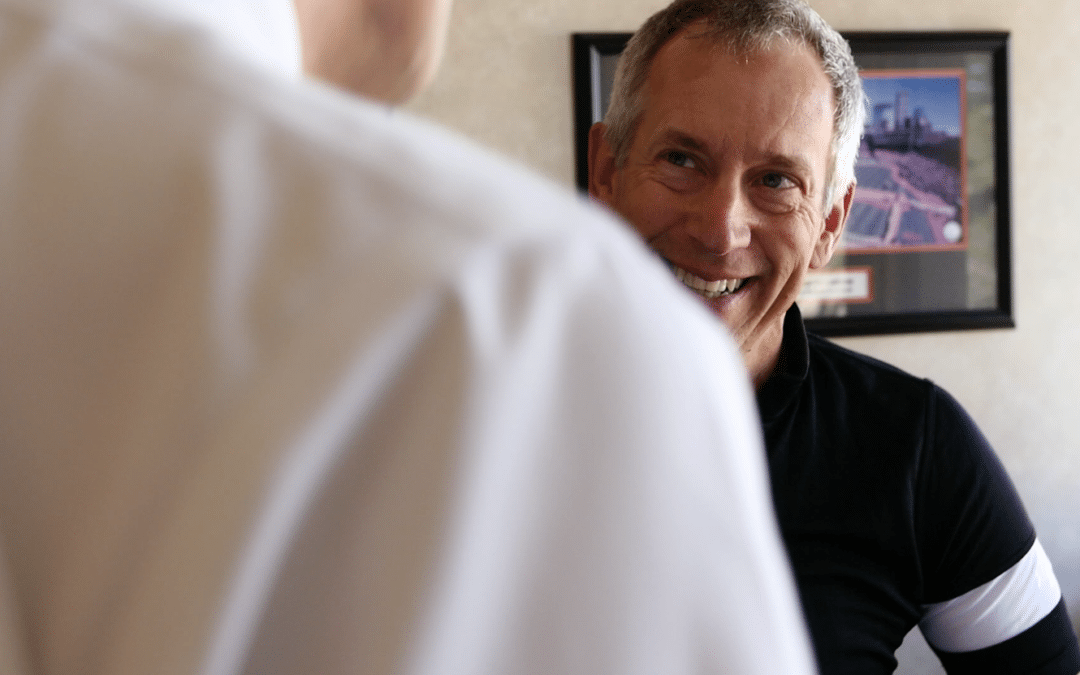Americans need a lot of healthcare services and those with the ability to pay — pay more.
We often forget that having access to good healthcare 24/7 is a privilege even for a developed country. When Americans talk about healthcare in other countries funded with tax dollars like Canada many will talk about the rationing of healthcare and the lines for specialized services. Countries like Canada restrict access to services that increase quality of life but are not necessary to sustain life.
Americans want on demand access not rationing. Some are even willing to pay a premium for the privilege of same day appointments, longer appointments and on demand access. Healthcare providers are more than happy to provide the service. However, what few Americans realize is that when demand goes up the total cost of healthcare goes up for everyone.
The healthcare tax
There is a healthcare tax in America that is paid by those covered largely by company sponsored health insurance. Company sponsored health plans [aka: commercial insurance] cost more because the benefits are richer than government programs. What you might not know is that healthcare services under those plans cost more too. The higher payments cover the higher level of service and pays the healthcare tax.
Commercial insurance helps subsidize healthcare services for those covered by government programs like Medicare and Medicaid. There is a delicate balance that has to be maintained in the payer mix for a healthcare provider organization to continue providing service to all Americans. Commercial payments account for about 40–60% of the revenue to healthcare providers and help offset the shortfall from government programs.
Cutting the cost of healthcare to employers will only change the way the healthcare tax is paid. Insurers are pulling out of the public exchanges because the cost of insuring those Americans is more than what they can charge for the insurance coverage. Discussion of a bigger government subsidy (aka: tax) for healthcare and other changes is underway.
Demand for healthcare services
Demand for healthcare in America has been going up for decades. We continually have more knowledge, drugs and interventions that can be used to sustain and increase the quality of life. Most Americans, when in a position to choose more or less — choose more healthcare.
Where do we draw the line on healthcare coverage? If you ask those who have had cancer, HIV/Aids, Lupus, a transplant, a premature baby or someone who was born premature, you’re probably going to get a very different answer than someone who has won the genetic lottery. Most Americans don’t appreciate the healthcare system until their life depends on it.
Innovation
Some want to believe that we can innovate our way out of the increasing cost of healthcare. Innovation takes some cost out of the healthcare delivery system but it is not enough to offset the advance in medical care or to reduce the total cost of healthcare.
All we have to do is look back on our history and the money spent on cancer, HIV/Aids, Lupus, maternal fetal medicine and other diseases and interventions. Healthcare has come a long way in the last 50 years. It has taken a lot of money to make those advancements and sustain the lives that have benefited from them.
Who should pay more?
Tim O’Reilly published a post on Medium recently about the cost of maintaining Central Park in New York. Reportedly, only 25% of the budget needed to maintain the park comes from tax dollars. The rest is funded from citizens with the means and interest in maintaining it for all to enjoy. Imagine how things would change if the park only got 25% of the funding needed to maintain it. People running in the park would probably be running for their life rather than running for exercise.
Now think about that in the context of healthcare. If we only want to pay 25% or some fraction of the cost of healthcare, who should pay the rest? Companies are not willing and/or able to pay more and the healthcare budget shortfall is probably too big to be funded by wealthy Americans alone.
We’re all going to have to pay more or use less healthcare. There are five (5) things we can all do to reduce our demand for healthcare whether we’ve won the genetic lottery or not. While researching complex cancers for a new drug delivery system, I noticed that all of the cancers are caused by five health risks. All but one is within our control.
5 Things you can do to reduce demand for healthcare services
1/ Obesity: Strive to maintain a healthy BMI. With the obesity rate trending to 70% of the American population, good old diet and exercise has never been more important.
2/ Smoking: Don’t smoke — anything! Cigarettes come with plenty of warning about the health risks. States that have legalized marijuana are now seeing increased health risk in newborns. So if in doubt about some new form of smoking or substance, just remember don’t smoke. It’s not worth the impact to your health.
3/ Alcohol: Drink in moderation (1-2 drinks per day) if you must. You’ve probably heard that drinking a glass of red wine is good for the heart but not drinking alcohol is even better for your health.
4/ Toxins: Limit exposure to harmful chemicals. Chemicals in your home or workplace, such as asbestos and benzene, also are associated with an increased risk of cancer.
5/ Genetics: Live a healthy lifestyle. My friend with Lupus has mitigated the impact of her disease by doing the first 3 things. It can only help you too.
Contact Us
Please email us to request more information about our services and collaborations.
Stay Connected
Subscribe free to receive our latest tips, workouts, exclusive offers and community notifications every Monday. Read the Latest Newsletter.



